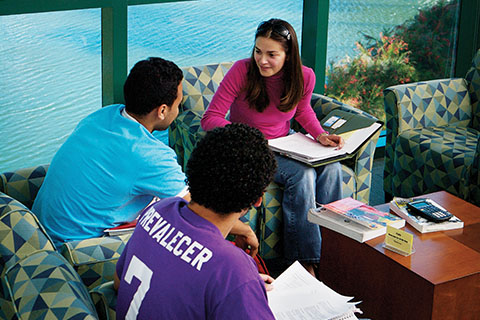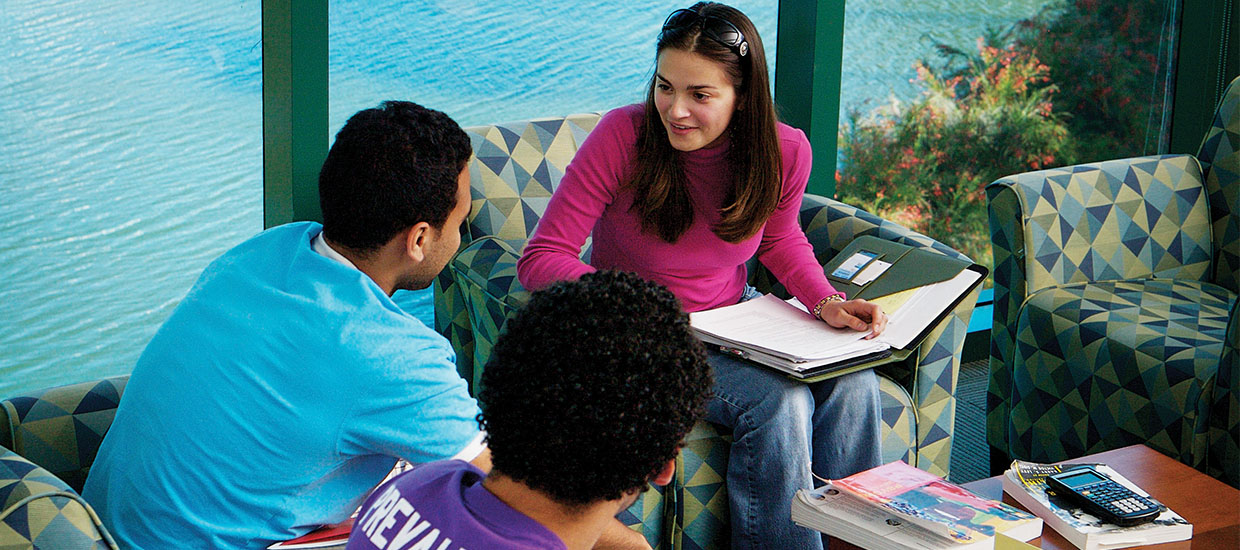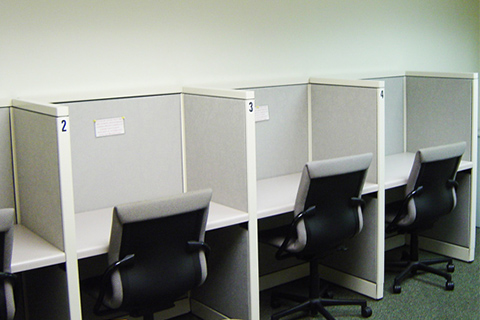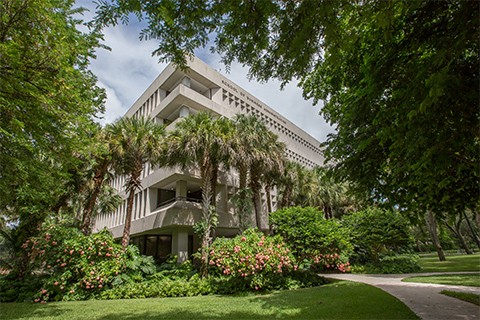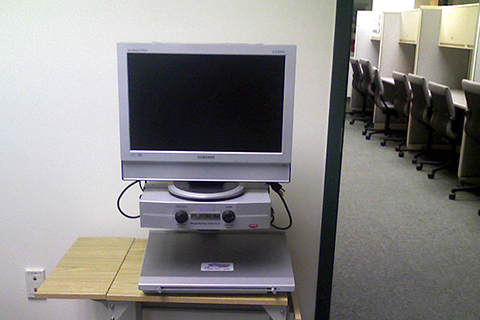Academic accommodations are designed to provide equal access to courses and programs. Academic accommodations shall be reasonable. They need not be provided when the accommodation would result in a fundamental alteration of the program or impose an undue financial or administrative burden on the institution. Furthermore, accommodations are not required to address a personal need such as: an attendant, an individually prescribed device, a reader for personal use or study, or other devices or services of a personal nature. Requests for accommodations which would fundamentally alter the nature of a program or which would alter the academic standards of a course or program will not be granted.
Accommodations must be requested by a student in a timely manner which will allow ODS to review documentation, determine eligibility, and establish the accommodations. All accommodations are determined as part of an interactive and collaborative process. This interactive and collaborative process requires that students meet with an ODS staff member to discuss their request for services prior to a decision being rendered by ODS. Accommodations will not be granted retroactively.
What Accommodations Are Allowed in The Post-Secondary Setting?
According to law, accommodations in the post secondary setting commonly refer to: a) modifications to the manner of providing instruction in order to provide equal access to educational materials and b) modifications to the manner of testing or measuring competence in a particular course.
Depending on the nature of the disability and its impact on major life activities, a student may need instructional material provided in an alternative format (enlargement of handouts, books on CD, Braille) or may need an auxiliary aid (closed circuit FM radio, scanning text reader) or services (sign language interpreters). Students with learning disabilities, for example, may need extra time for exams or permission to use a word-processor for writing essay exams.
Students with disabilities are expected to meet the same standards of academic performance as other students, but may be allowed an accommodation in the manner in which performance in measured, for example, allowing time and one-half for testing or allowing a Reader for exams. Such accommodations are allowed so that it is academic competency which is being measured rather than the effect of the disability. The most common accommodation granted in post secondary institutions is "extended time for exams" since many types of disabilities affect the capability of retrieving and expressing information within time limits.
Each accommodation is evaluated and granted individually; accommodations are not granted as a package. Accommodations are based on the functional limitations specified in the documentation submitted by the student.
Instructors should consult with ODS as soon as possible if there is any question or concern about an accommodation or how it should be provided. If an instructor has a concern that a specific accommodation may fundamentally alter the nature of the course, the instructor should contact ODS as soon as possible so that the concern may be addressed.



